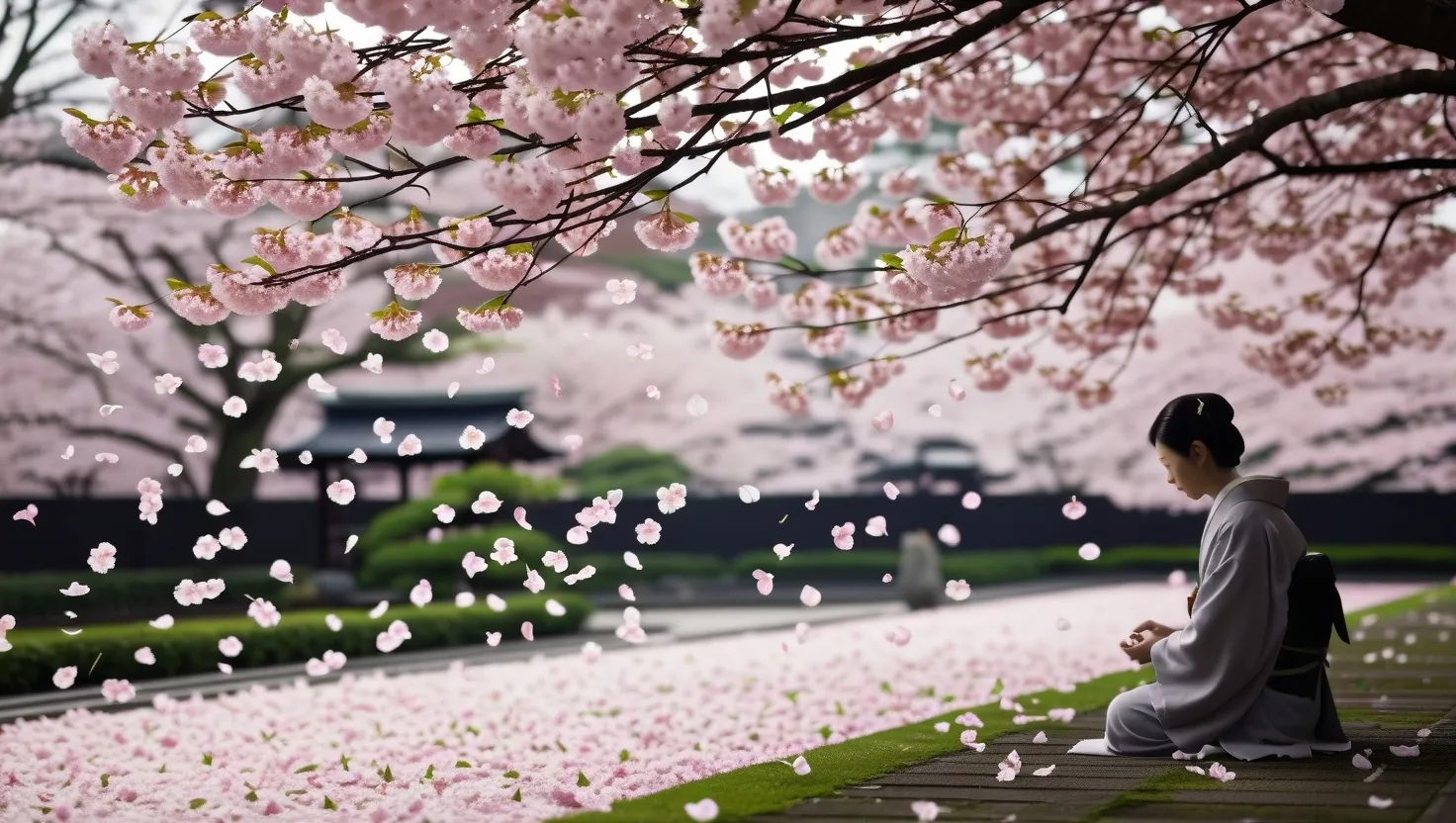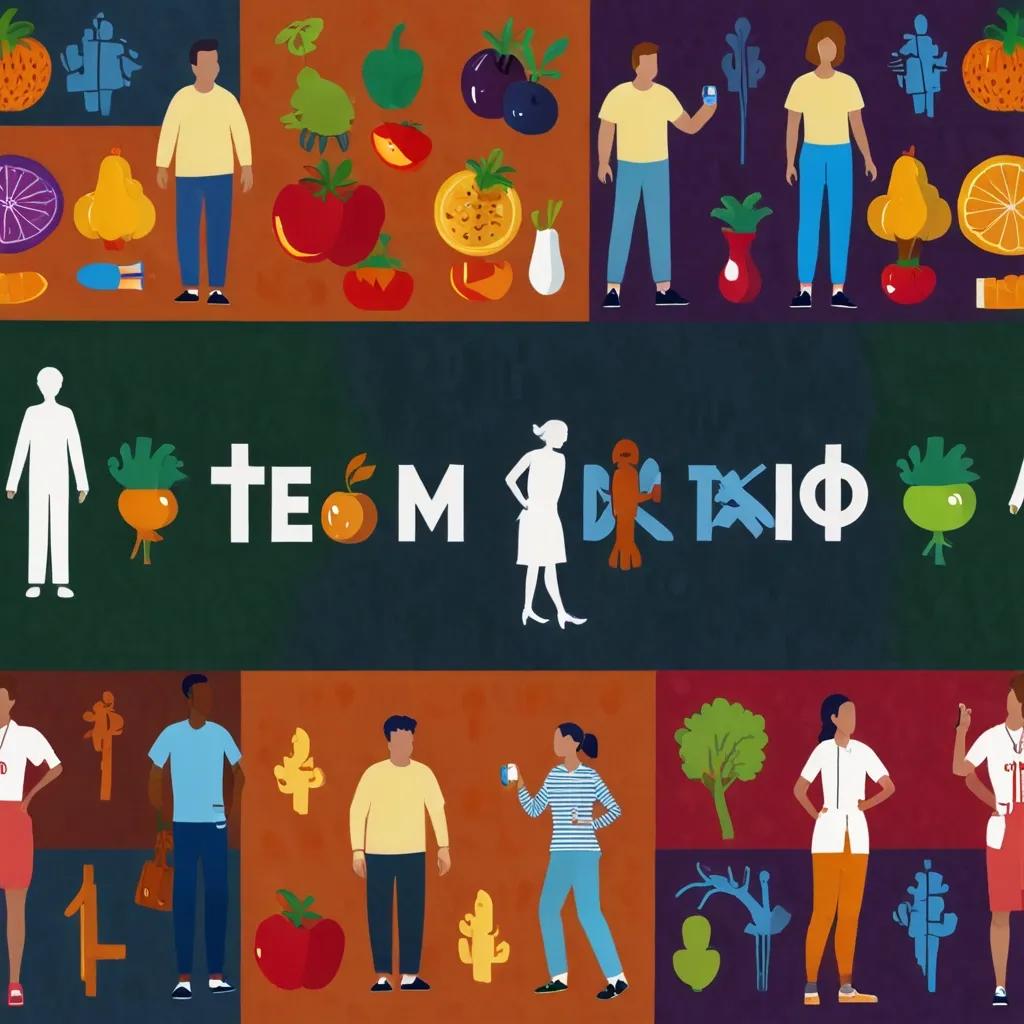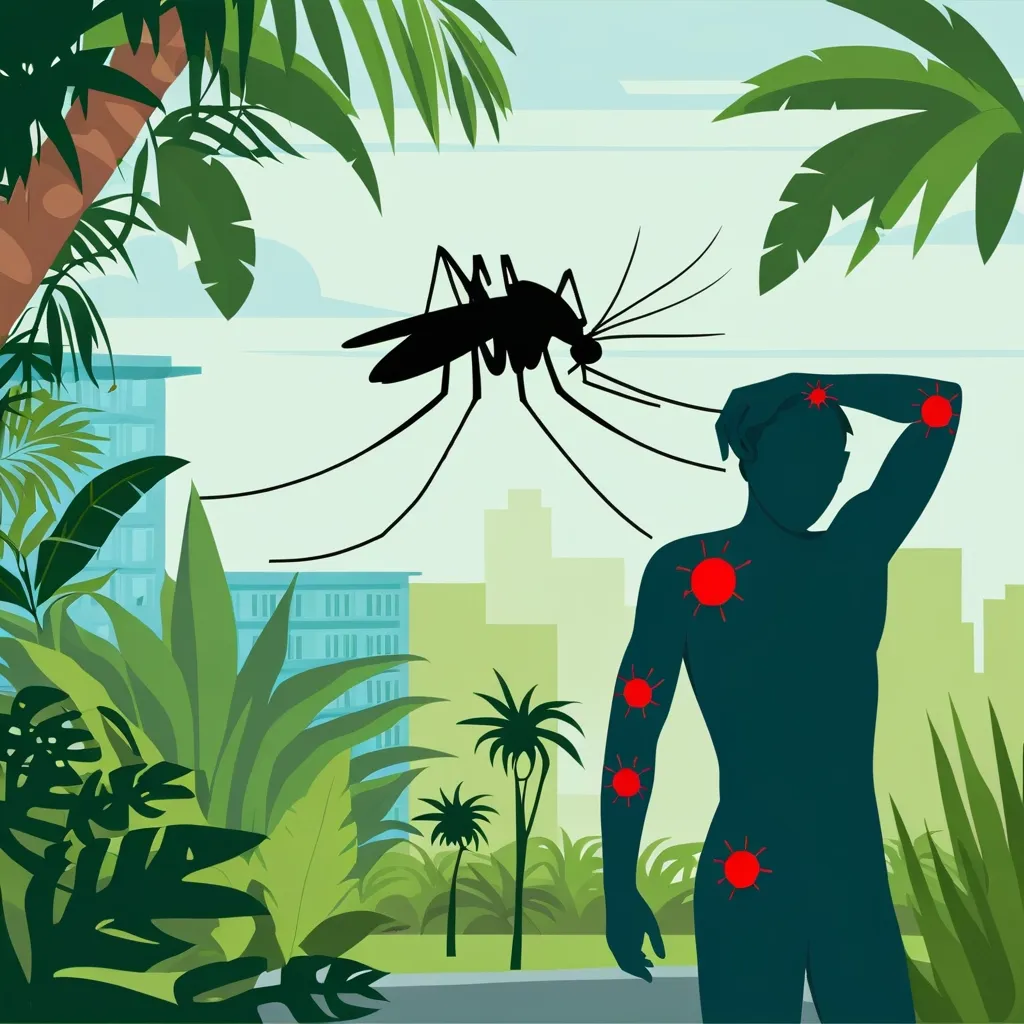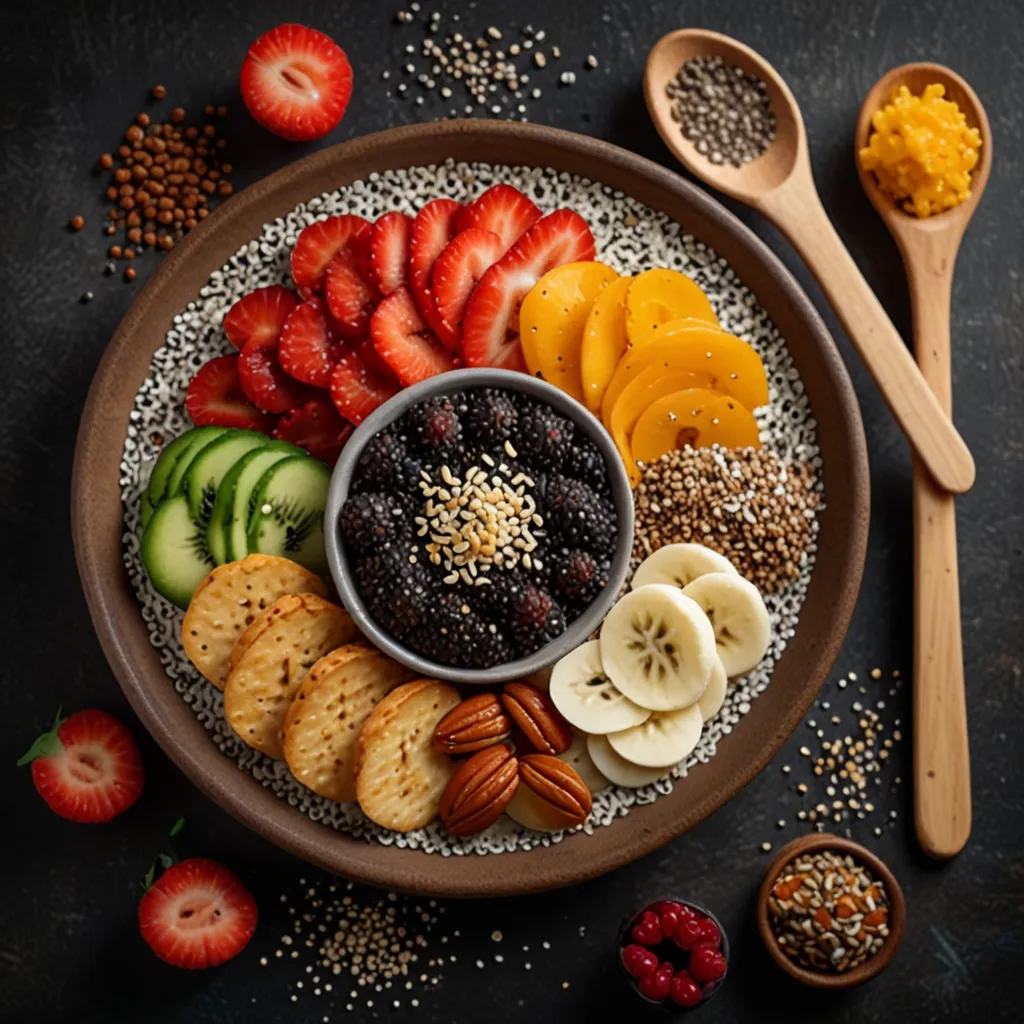Hiccups are those pesky, sudden jolts of the diaphragm that just pop up out of nowhere. It happens when the diaphragm, the muscle between the chest and the abdomen, goes rogue and contracts out of sync. This causes the vocal cords to shut briefly, making that infamous “hic” sound. So, why do hiccups even happen?
One big reason is eating too much or scarfing down food too quickly. Munching like you’re in a race can make you swallow extra air, which annoys the diaphragm and triggers those spasms. Sipping on fizzy drinks like soda or beer can do the same because the bubbles irritate the diaphragm. Even noshing on extra spicy or super hot/cold food can set it off.
Emotional roller coasters like stress, excitement, or sudden weather changes can also be behind hiccups. Feeling overwhelmed or super pumped can sometimes lead to hiccup attacks. Even a quick switch from a warm to a cold spot can tick off your diaphragm.
Sometimes, hiccups might be signaling something deeper. Issues like nerve irritation or damage, especially to the vagus or phrenic nerves that manage the diaphragm, can cause hiccups that stick around. Problems like encephalitis, meningitis, or multiple sclerosis can trigger long-term hiccups. Plus, metabolic problems like diabetes, kidney issues, or electrolyte imbalances can also be the culprits.
Certain drugs and booze can make hiccups worse, too. Steroids like dexamethasone, used for inflammation, might cause persistent hiccups. Those struggling with alcohol use might notice more hiccups. Even some tranquilizers and sedatives list hiccups as a side effect.
Post-surgery hiccups are a thing, too, especially if the operation was around the stomach. Sometimes, anesthesia can cause hiccups as you shake off the aftereffects. If you’ve had surgery and can’t shake the hiccups, it’s a good idea to chat with your doctor.
Mostly, hiccups are harmless and disappear on their own. But if they hang around for more than 48 hours, mess with eating, sleeping, or breathing, or come with other symptoms like stomach pain, fever, or shortness of breath, a doctor’s visit is a must. Persistent hiccups can lead to bigger issues like sleeplessness, exhaustion, malnutrition, weight loss, and dehydration if ignored.
Wondering how to banish hiccups? There are a few tricks to try. Holding your breath for a few seconds might help. Guzzling water quickly while bending forward is another remedy. Some folks swear by eating a spoonful of sugar or salt to set things straight. Even pressing certain spots on your body, like behind your earlobe or the base of your neck, can sometimes stop hiccups.
If hiccups are becoming a regular nuisance, sidestepping known triggers can help. Avoid overeating and carbonated drinks, guard against sudden temperature changes, and limit alcohol. Staying chill and avoiding emotional extremes can also lessen hiccup odds.
In short, hiccups can pop up from various things like eating habits, stress, health issues, and medications. While they’re usually no big deal, constant hiccups might hint at a more serious problem. If you’re worried about your hiccups, better safe than sorry—talk to a healthcare pro.






